Frequently Asked Questions (FAQ) - when undergoing treatment using donor gametes
With treatment consisting of many different elements, it is natural to have questions. We have put together a list of frequently asked questions to help you on your journey.
Please click on the buttons below to learn more.
Frequently asked questions - standard IVF cycle
Frequently asked questions - donor cycle
It depends on if the donor is still available for use at your treatment. The reasons why the donor may not be public for use include the following:
- the donor total family limit has been reached
- the donor has withdrawn or varied their consent
- donor stock levels have been exhausted
- the donor gametes available are not suitable for your treatment type
This depends on if the donor is still available for use at your treatment. The reasons why the donor may not be public for use include the following:
- donor total family limit has been reached
- the donor has withdrawn or varied their consent
- donor stock levels have been exhausted
- The donor gametes available are not suitable for your treatment type
Cytomegalovirus, or CMV, is a member of the herpes virus family. Donors complete a blood test to determine their CMV status.
To reduce the risk of adverse pregnancy outcomes, all patients planning to use donor sperm to conceive will also have a blood test to check CMV status. At City Fertility, CMV-negative recipients can only use CMV-negative donors.
It’s important to point out that while the risk of contracting the virus from a CMV-positive donor is not absolute zero, it is extremely low. The chance of transmitting congenital CMV to a developing foetus is also extremely low.
We do not include donor photos on our profiles to protect the donor's privacy.
In New South Wales and Victoria, you may wish to contact Voluntary Registers to see if your chosen donor has submitted any other voluntary information.
Yes, you can change the donor as long as that donor is available and is suitable for your treatment type.
You cannot change the donor on the day of your procedure.
When the donor and the recipient know each other and have an existing relationship, this is known as a known donation. In this case, the recipient usually receives a donation from a friend, relative or family member.
When a donor voluntarily donates their gametes to City Fertility for an unknown recipient, it is called a clinic-recruited donation. The donor and recipient do not know each other, and the donor can choose to keep their identity unknown; however, they must agree to provide identifying information to be revealed to a child conceived as a result of their donation once the child turns 18 or younger with counsellor approval.
Once your pregnancy is confirmed (scan/viable pregnancy), you can contact the clinic to inquire if the donor is still available for reservation. Please be aware that the donor may not be available for use for the following reasons:
- the donor has withdrawn or varied their consent
- donor stock levels have been exhausted
- the donor gametes available are not suitable for your treatment type
People conceived using donated gametes are entitled to know their genetic parents, should they want this information, once they turn 18. Therefore, donors must consent to the release of identifying details.
City Fertility collects non-identifying and identifying information about clinic-recruited donors. Non-identifying information includes:
- physical characteristics (eye colour, hair colour, height, weight, build etc.)
- ethnic origin
- family health and medical history
- education
- profession
- interests
- hobbies
- personality
- reasons for donating
Identifying information includes:
- donor name
- DOB
- last known address
In Queensland and South Australia, the release of information is processed through City Fertility clinics. In New South Wales and Victoria, Central Registers are responsible for releasing the information.
We will do everything we can to help you conceive a baby.
When you embark on fertility treatment, you ultimately want to know your chances of taking home a baby. We assure you are in good hands at City Fertility.
While success rates are certainly affected by your age, the quality of your embryos and whether or not you have been pregnant before, perhaps the biggest predictor of success is the track record of the clinical team you choose to work with.
Our success rates at City Fertility can be attributed to the experience of our clinical and embryology teams, as well as our highly trained staff and our investment in state-of-the-art equipment. The combined assisted reproductive technology (ART) experience of our clinical team is substantial, and we pride ourselves on not only keeping up with the latest science in our field but also being innovators and early adopters of the best that technology has to offer.
When City Fertility Centre sperm donors are recruited, they undergo lots of checks, including a full semen analysis, prior to any donations. Sometimes, even though the samples look good prior to the sperm being frozen, it does not always recover as well as other samples may do, or how other donors' sperm samples recover. This is the variability we see routinely across all sperm samples, not just for sperm donors.
Depending on the recovery (number of motile sperm) after the thawing and preparation of the sperm sample, it may be necessary to do ICSI (where the motile sperm is injected into the oocyte by the embryologist). The majority of the time, we know this may be necessary beforehand, but sometimes it can be a required change on the day of egg collection. If you have any questions regarding your donor’s suitability for treatment options or any concerns about ICSI, please speak to your clinician prior to donor sperm selection.
When a donor voluntarily donates their gametes to an unknown recipient, it is called a clinic-recruited donation. The donor and recipient do not know each other, and the donor can choose to keep their identity unknown to a recipient; however, they must agree to provide identifying information to be revealed to a child conceived as a result of their donation once the child turns 18 or younger with counsellor approval.
In New South Wales and Victoria, you may wish to contact Voluntary Registers to see if your chosen donor has submitted any voluntary information.
Time to make your appointment
If you have any questions or if you would like to make an appointment contact us today!

